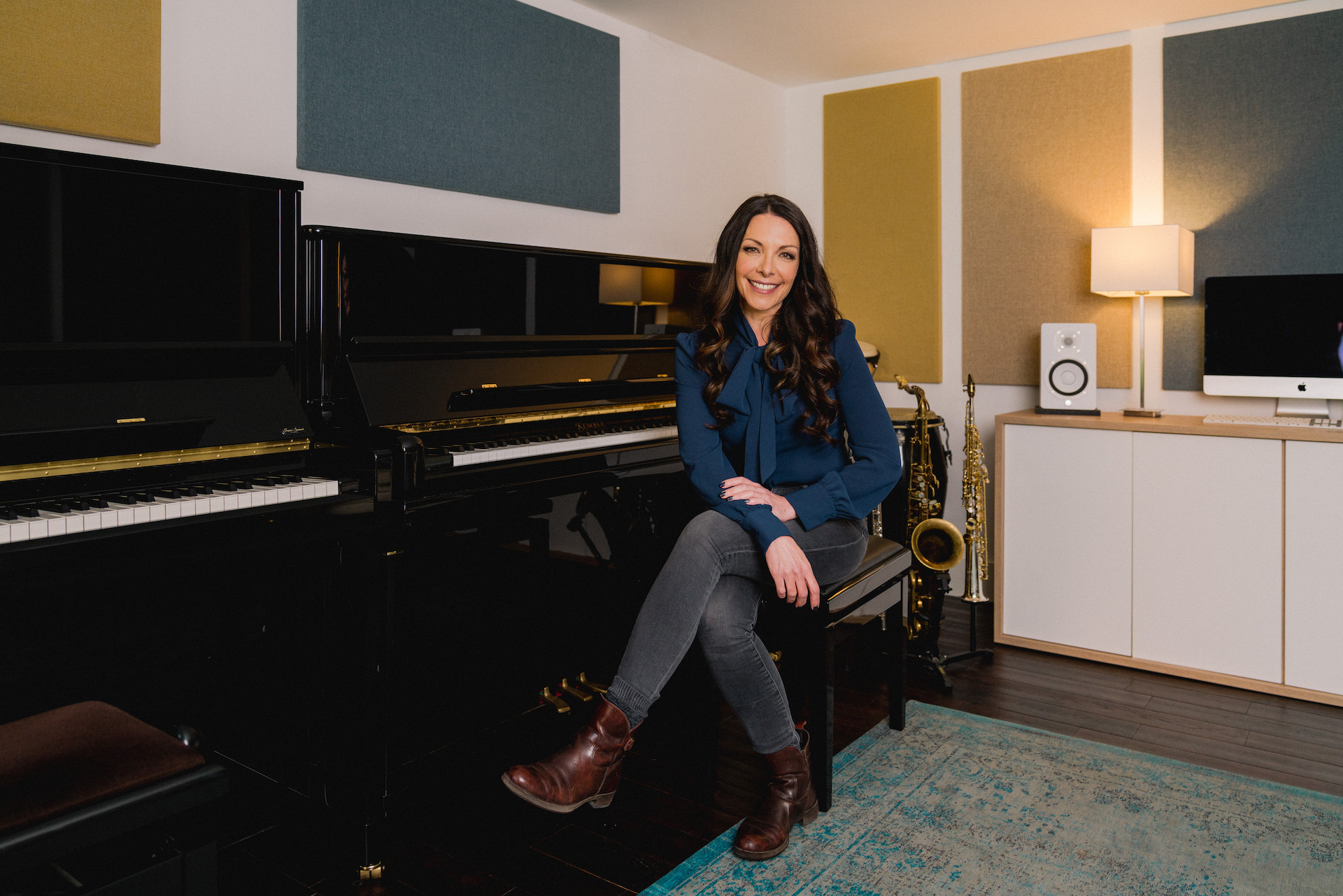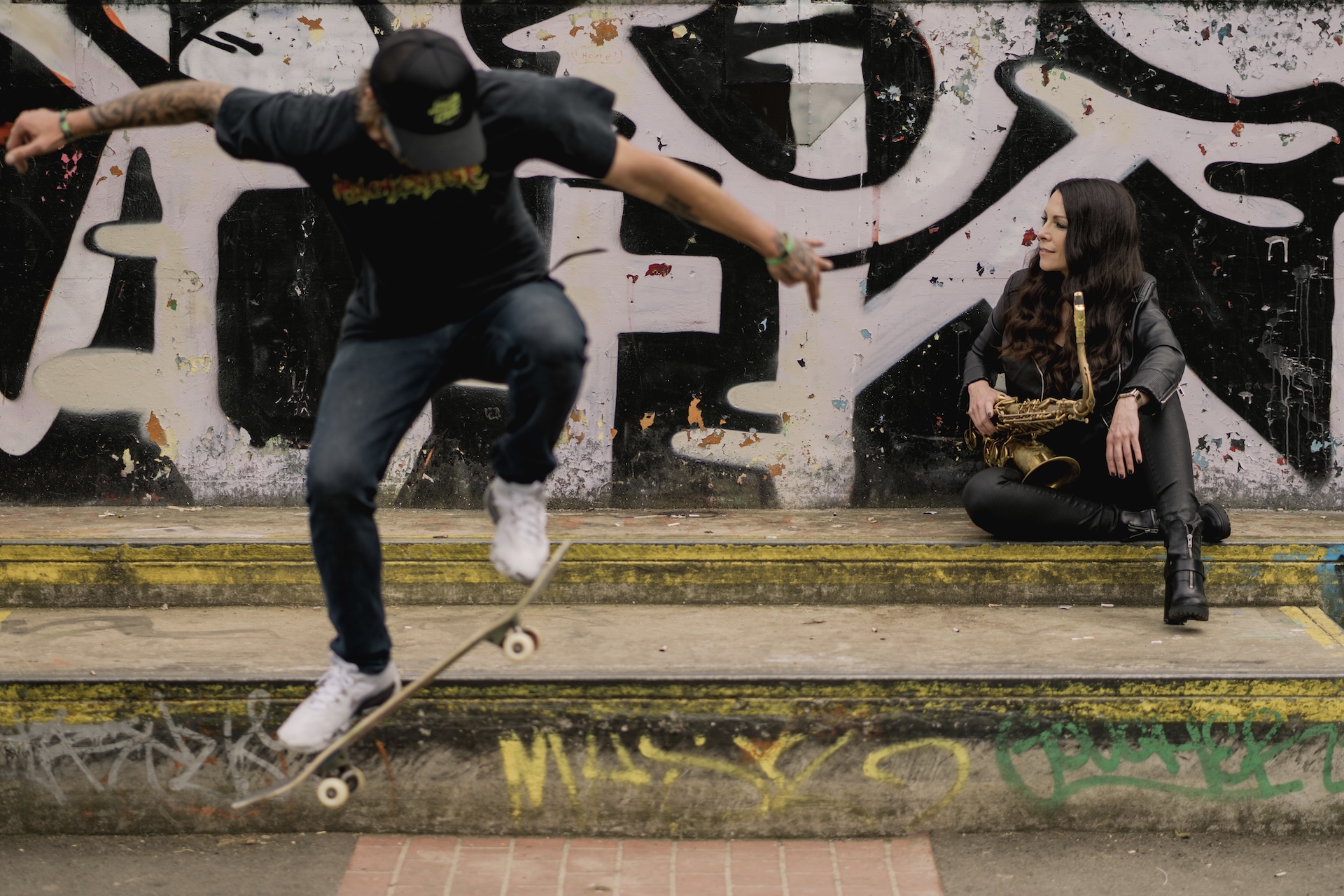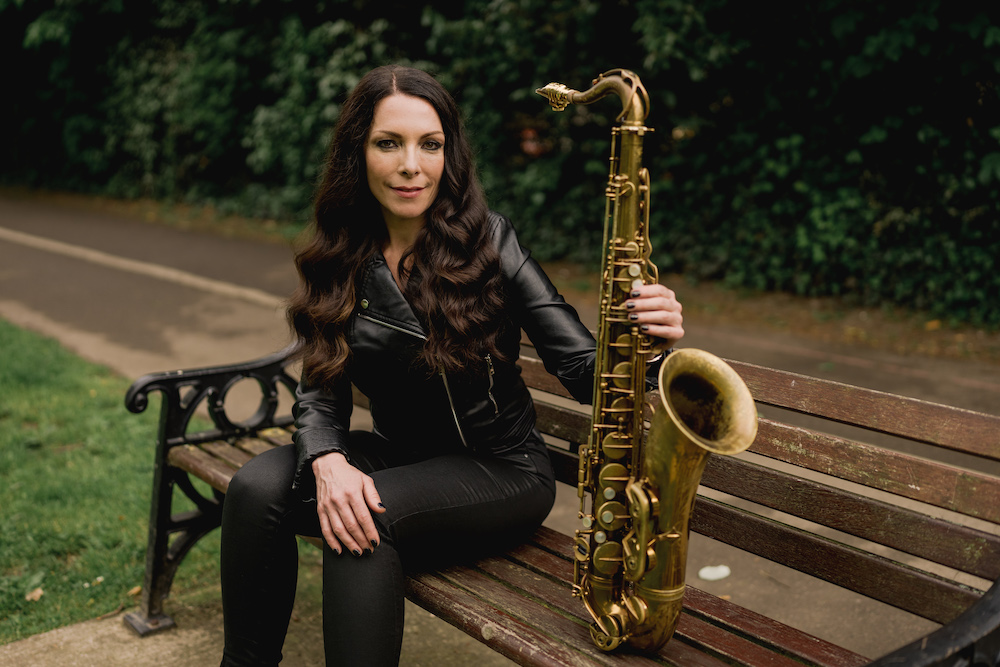When we begin our journey as musicians, our time is filled with learning and practise. Drilling scales and perfecting our form could take hours every single day.
But no matter how skilled you become, there will always be room for more improvement. There really is no end to getting better — a fact that can be both inspiring and exhausting!
Practising seems easier when we are young. We have a lot of free time and few responsibilities, meaning our schedules are wide open. Plus, we are learning the basics, and that means rapid improvement. On top of all that, the adolescent brain is very, very good at learning new skills.
As we get older and we continue to develop as musicians, new challenges come up. Maybe it’s figuring out what to focus on next. Maybe it’s keeping our spirits up (since making notable progress takes so much longer than it used to). Maybe it’s simply finding the time in your day to practise.
Whatever your challenges are, there are likely some easy solutions! And that’s what this post is all about.
Below, I’ve assembled some advice that can help you continue to grow as a musician in the long run, no matter what challenges you face.
Record Yourself
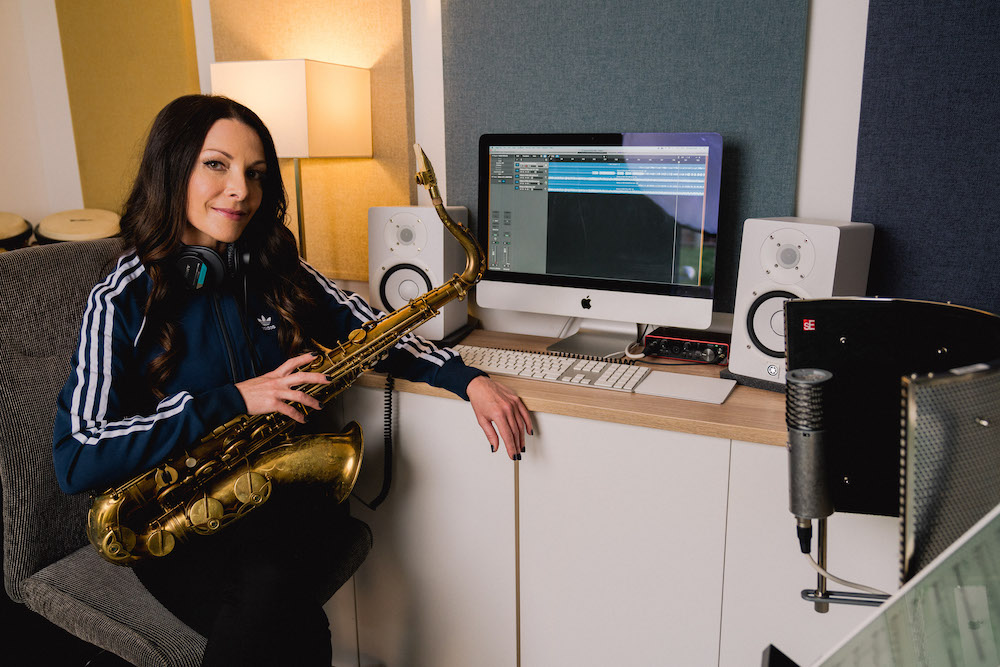
One of the best ways to improve your playing is to get an objective look at what you are doing. There’s no easier way to do this than to record yourself. And luckily, we live in a time where this is one of the simplest things you can do during a practice session.
When you judge your playing in real time, it can be difficult to really know what’s going on. There are multiple reasons for that. The first is that there is simply too much for your brain to do all at once. Trying to nail a difficult section will make figuring out the nuances of how you are doing really difficult!
Another major barrier is that judging yourself puts you in a different headspace. It means you can’t really evaluate yourself when you are letting go and playing freely. Instead, you’ll only be able to judge yourself in “practise” mode.
Recording your practice sessions changes all of this.
It’s amazing how few musicians actually do this on a regular basis — especially since almost everybody has a high quality camera sitting in their pocket at all times!
Once you do get in the habit of recording yourself while you play, you’ll start to find that your effectiveness goes through the roof. Almost immediately, you’ll be able to pick up on details that you simply never saw before. This can include everything from the mico-movements in your playing all the way up to high level concerns like keeping time.
Practising while recording also gives you some experience playing with stakes. While you might be the only person watching the video, there is a feeling of needing to get things right if you are going through the trouble of recording it. That lends a great energy to the practice session, making it much closer to a performance than it was before.
Yet another benefit to recording yourself comes in the ability to analyse how you did while not “in the moment.”
As soon as you introduce the cold, hard facts of video, you are able to tell just how effective you were playing without having your emotions at the time colour your perspective.
Recording can also help you see yourself from afar. That alone carries a ton of information you rarely get practising. Are you holding your instrument correctly? Is your posture staying strong? You never know what bad habits have slipped in over time, and recording yourself can be a great way to sharpen up on these basics. And that takes us to our next topic.
Back to Basics
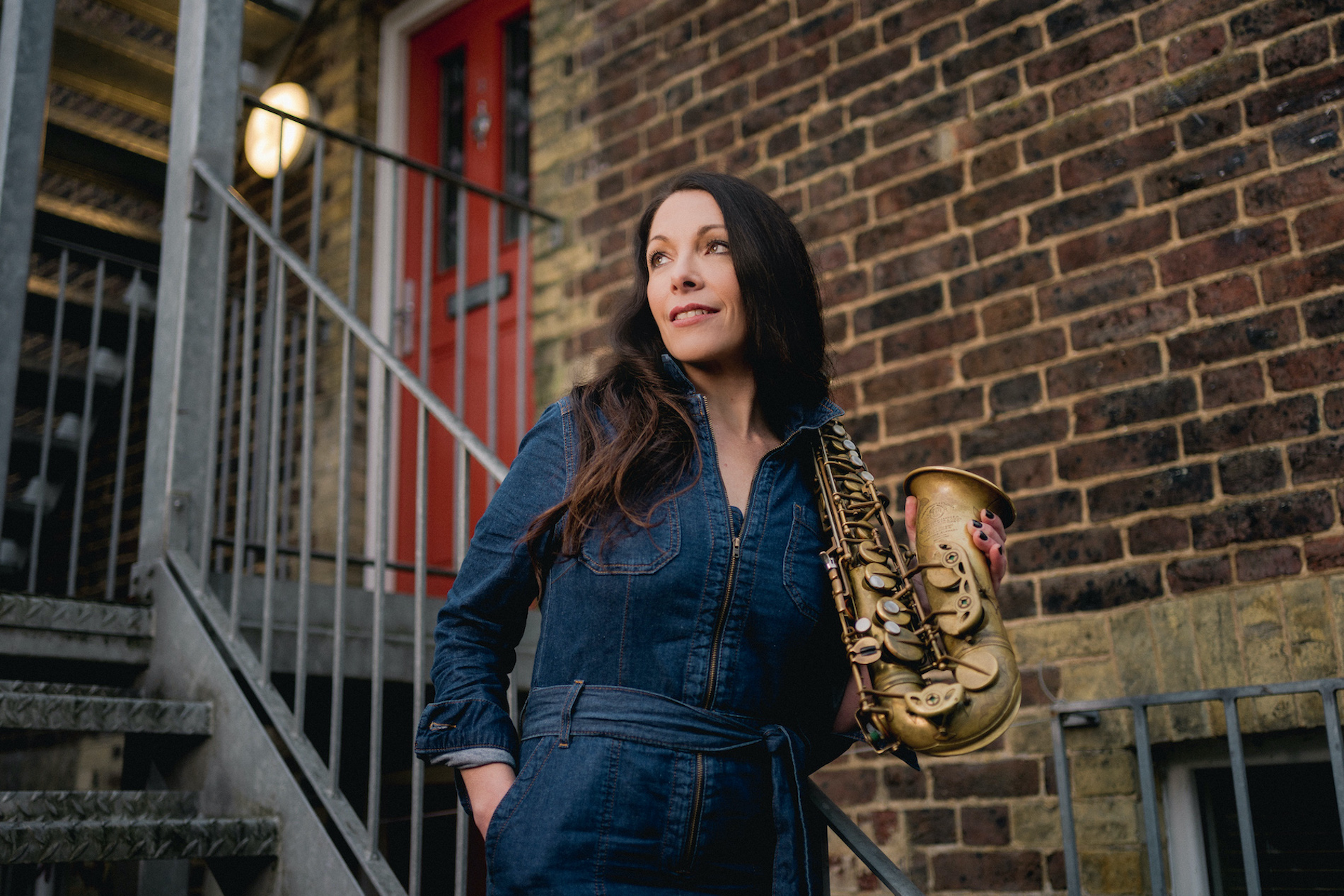 It turns out that going back to basics can be transformative to your playing — especially the more trained and experienced you are. Why is that?
It turns out that going back to basics can be transformative to your playing — especially the more trained and experienced you are. Why is that?
If you have a lot of playing under your belt, chances are high that it has been a long time since you consciously improved on the basics. That means you’ve learned a tremendous amount about playing music since you laid down the fundamentals.
Going back adds explosive levels of insight into even the simplest elements of your playing, because now you are adding in everything you’ve learned since you first started.
This is an opportunity to make connections that you might have missed, and it’s a chance to gain insight into how the foundations of your playing relate to the most complicated and high level elements.
Every time we circle back to the basics, we also cement them that much more in our playing. And because these skills are so crucial, it means that there is really no bad time to improve them.
While they seem so humble and small, the basics really are what everything else rests on. No matter how good we get at playing our instrument, there is always room to improve on those fundamentals.
All that being said, you should never feel like you have to obsessively return to any skill over and over again. That is one of the best recipes for burnout. And avoiding that is where we turn to next.
Letting Go
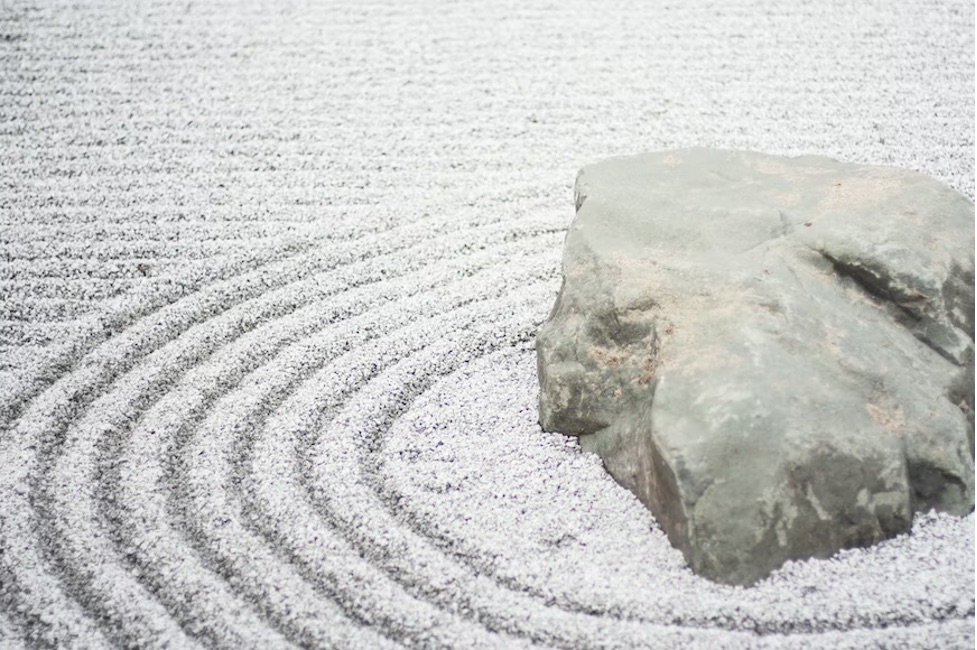
Becoming hyper-focused on a single skill can help you breakthrough plateaus. But over a long period of time, it will usually end up holding you back.
The truth is, with any complex activity like playing music, it is very difficult to measure exactly how good you are today versus yesterday. If you get too myopic, you’ll end up not even being able to see what progress you are making.
This is especially true when you have been playing for a long time. You aren’t going to improve by leaps and bounds in a matter of days, weeks, or maybe even months. It becomes a game of inches, and it needs to be treated that way.
At some point, you have to relax and trust that what you are doing is going to work. If you step back and take it easy, your mind will integrate all of your skills into one cohesive whole, but that’s difficult to do if you spend a long time focused on a single element of your playing.
Of course, pinpointing a weak spot and making it much better does require focus, but that focus needs to be limited.
On an even larger scale, becoming overly concerned about how your practice is benefitting your playing will exhaust you over time. It will also likely drain the fun out of music.
It’s critical that we remember that ultimately the point of music is to enjoy playing it. Whether you are getting better or not, you can always take time to focus on how much you love doing it.
Whether you are practising or performing or jamming with friends, you should allow yourself to enjoy what you are doing. If that’s your focus, you won’t have to worry about much else. You’ll get in the reps you need to get better because you’ll want to play!
The only barrier at that point is finding the time. But I have some strategies to help you with that, too.
Finding the Time
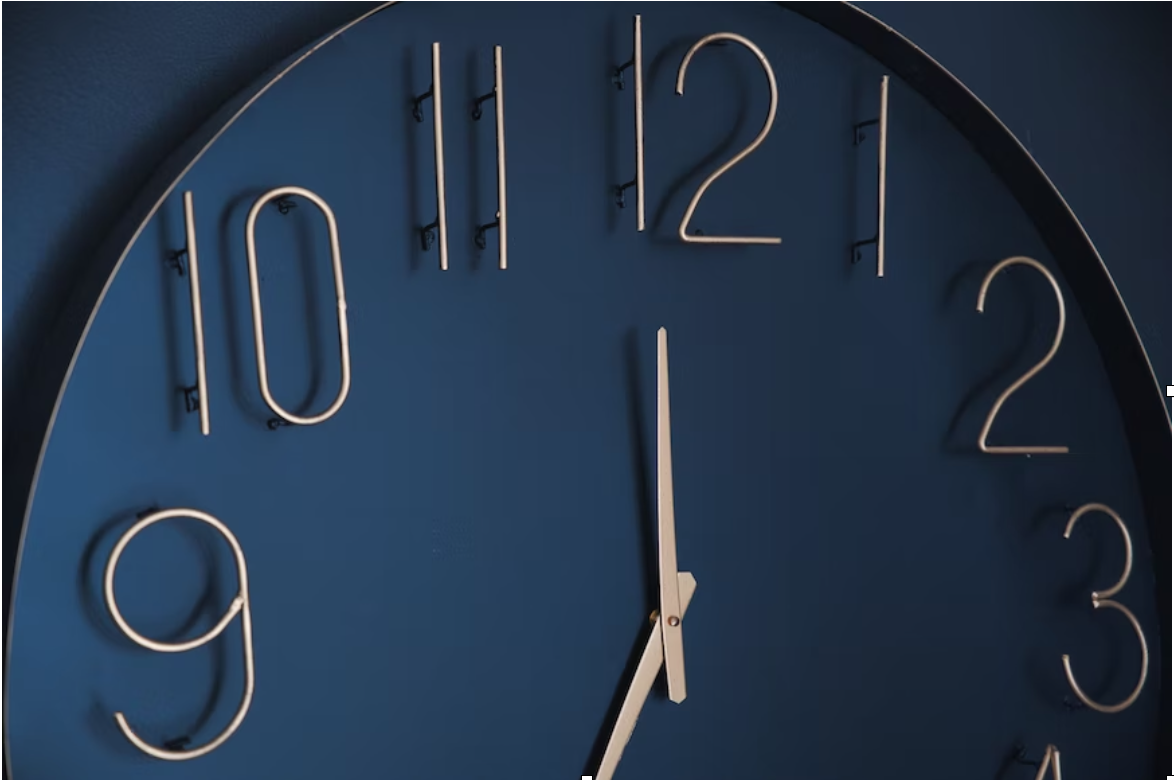
Practise, above all, takes time. You need to sit down with your instrument and play — that’s one thing you can’t negotiate yourself out of.
So you need to find the time to do it. That is easier said than done depending on your schedule, but there are ways to get a hold of some extra time and make the most of it.
Schedule Time
Probably the best way to find the time is to protect a block in your day. By claiming it as music time, you can get in the habit of picking up your instrument and getting some reps in. If you are unable to have a consistent time each day, or have certain days that don’t lend themselves well to scheduled time, you can set a time goal. So, maybe you commit to 20 minutes every day.
By scheduling time, you don’t have to wonder when you will do it tomorrow or the next day. Instead, you simply keep to the promise.
When scheduling practice, it is more important to set a target that you can realistically meet most days rather than something you think of as “ideal”. If you frequently can’t reach your goal, you’ll end up not trying altogether.
Keep the Time Productive
If you struggle to find time to practise, that means the time you do get needs to be as productive as possible. There are many key things you can to do keep your focus up:
- If you can, silence your cell phone. Better yet, leave it in the other room! You do not want to risk getting distracted during your practice time.
- Let people you live with know when you are planning to practise. This way, they won’t interrupt you accidentally.
- Have a plan for your sessions, then you’ll be able to jump right into what needs to be done. Without a plan, you can waste precious minutes figuring out how you want to spend the time.
These aren’t difficult to do, yet they can be major game changers for your rehearsal. If you have a small window, every minute counts.
Making the Most of Random Practise
While many teachers swear by the slow and steady model, plenty of people can improve their skills with a less rigid schedule. But why not have the best of both worlds?
When you find you have unexpected downtime, that can be the perfect chance to play a little music — but you have to be ready and keep an open mind.
By staying to a schedule, you’ll be ready to practise more often. You’ll already know what you want to work on, and you’ll be used to getting in some playing on a regular basis. That way, when you have the luxury of a little extra space in your day, you can take advantage of it.
Wait a While Before You Judge Your Practise
You should give any new routine at least two weeks to show you whether or not it’s serving your needs.
Especially if you are an experienced musician trying to improve, you’ll be working on a long time scale. Any noticeable improvement will be hard to notice immediately.
If you don’t give a routine the chance to succeed, you’ll end up hopping from one to the other, never quite knowing what’s working and what isn’t.
But after two weeks, you can make the call. Don’t be afraid to switch things up!
Learning Never Ends
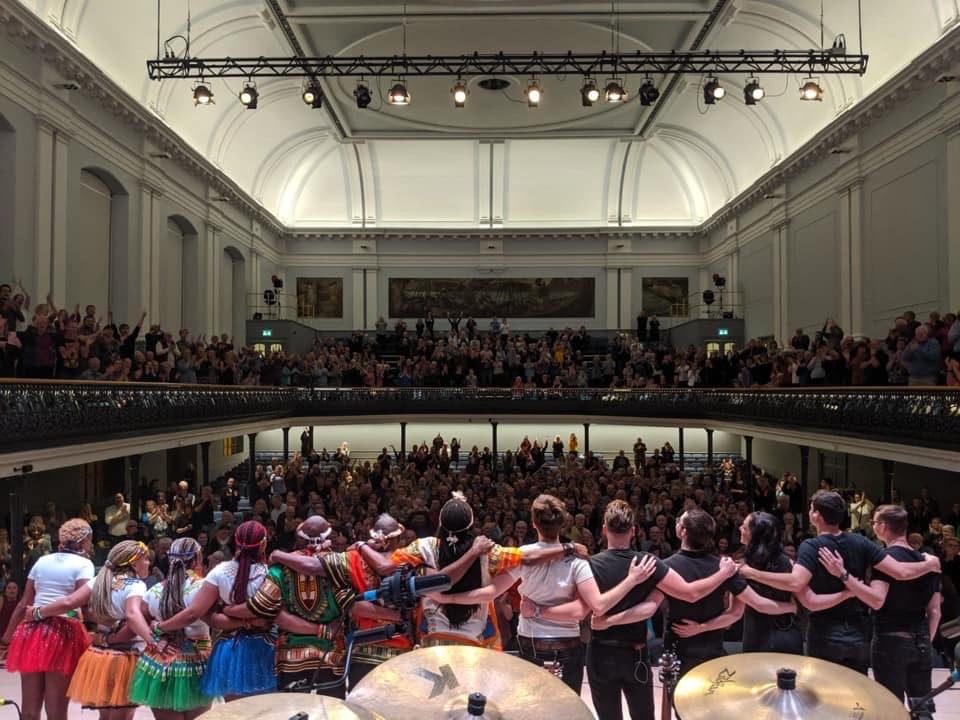
A musician never stops growing and learning. That’s part of the joy in it all — you can always discover more to the art form!
But as you gain more and more experience, practising becomes a much different animal. And what used to work when you first started no longer will.
The above guide should give you some powerful strategies to overcome these new obstacles and continue growing as a musician long into the future.


